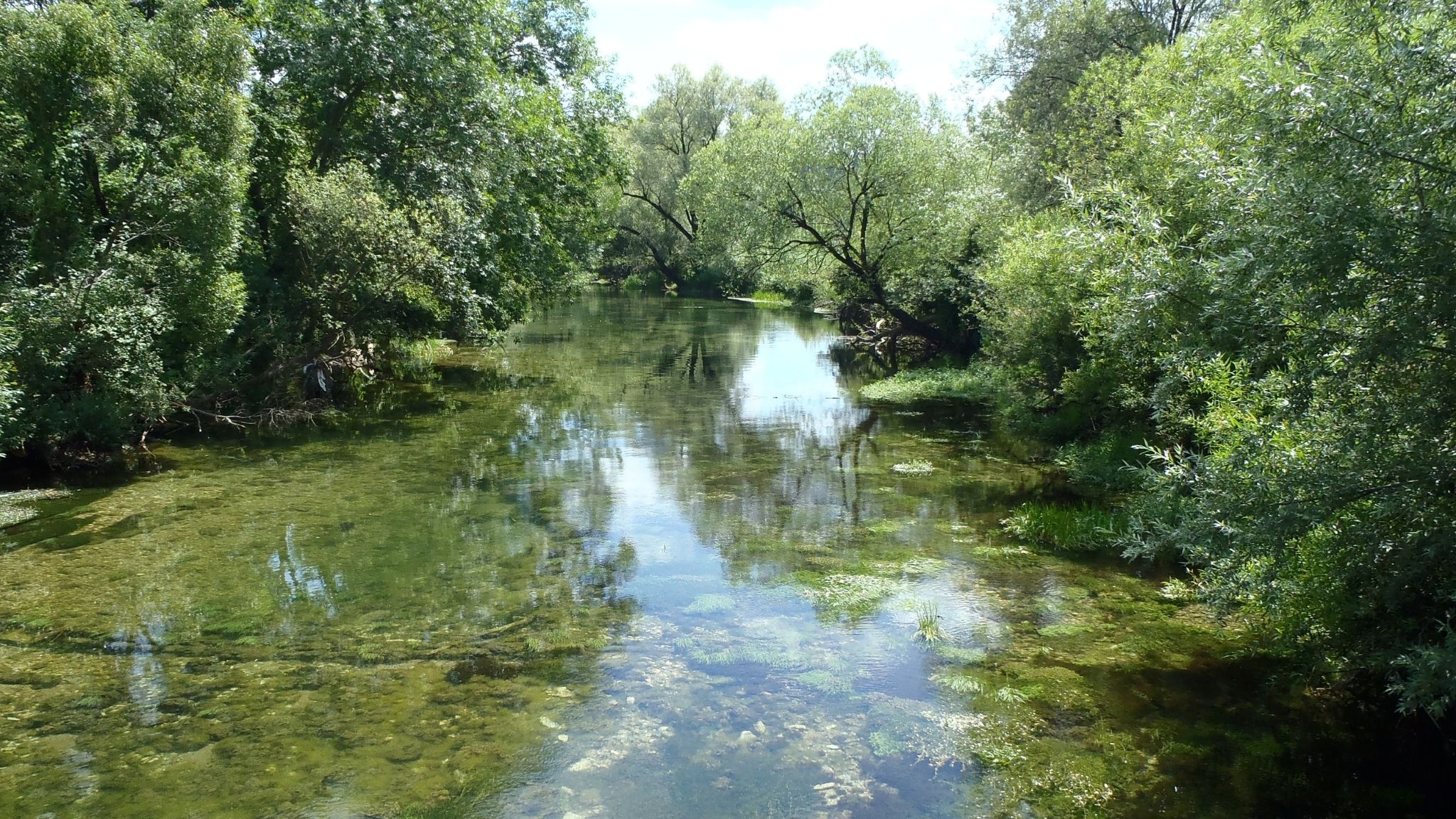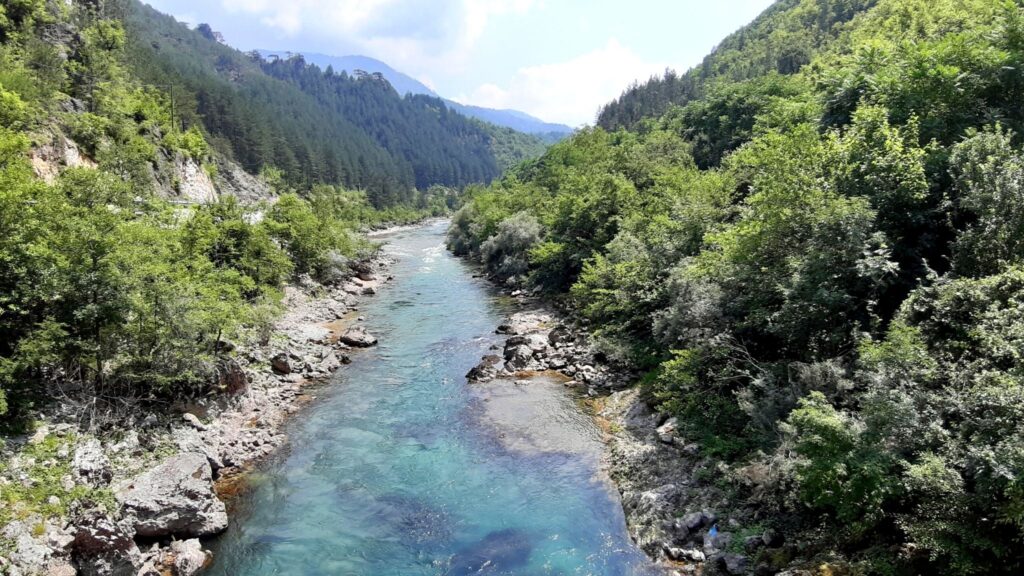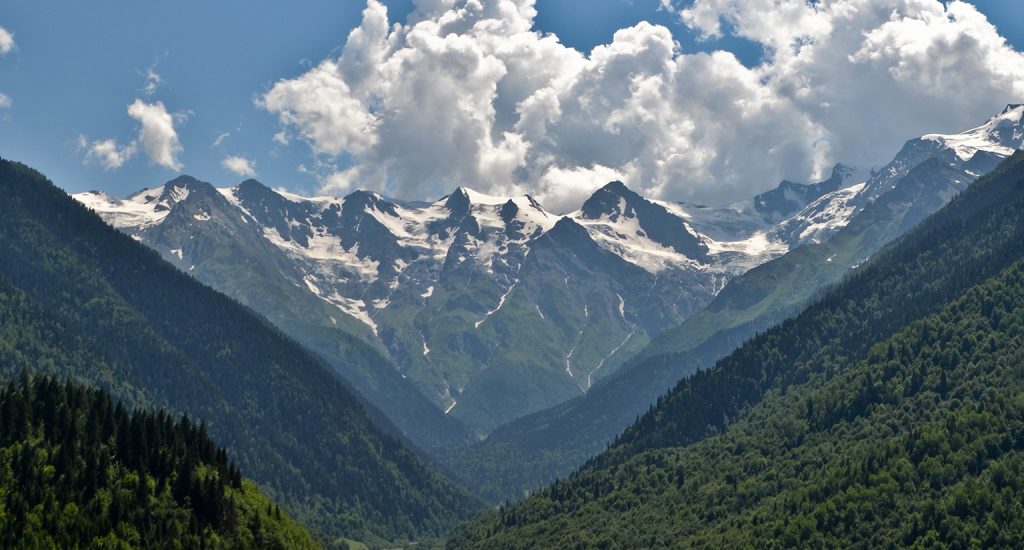The countries of the Energy Community Treaty have diverse energy mixes, but hydropower has traditionally played a strong role in many of them. Albania is almost completely reliant on dams for its domestic electricity generation, followed by Georgia with an average of 80 per cent of electricity generated by hydropower and Montenegro with an average of 55 per cent.

Stay informed
We closely follow international public finance and bring critical updates from the ground.
Background
The countries of the Energy Community Treaty have diverse energy mixes, but hydropower has traditionally played a strong role in many of them. Albania is almost completely reliant on dams for its domestic electricity generation, followed by Georgia with an average of 80 per cent of electricity generated by hydropower and Montenegro with an average of 55 per cent.
But what started as a strength is becoming a liability. More and more erratic rainfall is exposing how vulnerable hydropower is to climate change, while its damaging impacts on biodiversity, groundwater and sediment transportation are becoming better understood.
This has not stopped decision-makers’ zealous plans to develop the sector, including in countries like Ukraine hydropower has not traditionally played a major role. Decades-old projects are still being pushed against all economic and environmental logic, while a rash of small hydropower plants driven by feed-in tariff schemes has destroyed rivers and streams across southeast Europe.
The good news is that there are alternatives, with lower costs for the environment and also, increasingly, for the public purse, and that resistance to the unnecessary destruction of life-giving rivers is increasing day by day.
IN FOCUS
Latest news
Tensions are rising over hydropower and the lack of participation in Georgia’s mountains
Blog entry | 15 March, 2016The mistrust and frustration of communities in the mountains of north-western Georgia is deepening over make-shift consultations on large dam constructions.
Read morePrąd z wody straszy Gruzinów. Chcą zatapiać całe wsie
Bankwatch in the media | 16 December, 2015– Gdy budowali elektrownię, w ogóle nie było mowy o żadnym zagrożeniu. Nawet nam nie tłumaczyli, na jakiej zasadzie będzie ona działać. Dopiero teraz dowiadujemy się o niebezpieczeństwie – tłumaczy Eteri.
Read moreActivists help put the brakes on Balkan hydro projects
Bankwatch in the media | 27 August, 2015Balkan governments are under mounting pressure to curb the construction of hydropower plants (HPPs) in national parks and wildlife areas, where hundreds of projects are planned or underway. Environmental campaigners have already scored successes in halting new HPPs. In late July, Croatia’s environment ministry rejected Hrvatska Elektroprivreda’s impact study for its 68-MW Ombla HPP near historic Dubrovnik, Courts in Republika Srpska (RS) have twice this year backed activists’ claims that environmental assessments on proposed plants in the Sutjeska National Park were flawed.
Read moreRelated publications
Kungrad 1-3 wind power project, Uzbekistan
Policy comments | 11 March, 2025 | Download PDFKungrad is one of several large-scale renewable projects featuring extensive transmission lines slated for remote, wild areas in Central Asia – an alarming practice that hinders the sustainable energy transition.
How to interact with development banks lending to hydropower projects in Central Asia: A toolkit for civil society activists
Toolkit | 3 February, 2025 | Download PDFThis toolkit is aimed primarily at civil society organisations in Central Asia tackling the construction of dams or other unsustainable water infrastructure.
The Upper Horizons complex, Bosnia and Herzegovina
Briefing | 18 December, 2023 | Download PDFThe Upper Horizons hydropower complex has been planned since the mid-20th century, and is planned to consist of three plants — Dabar, Nevesinje and Bileća — linked by a series of tunnels and channels. If completed, it would have a devastating impact on the karst ecosystems of eastern Herzegovina and beyond.




